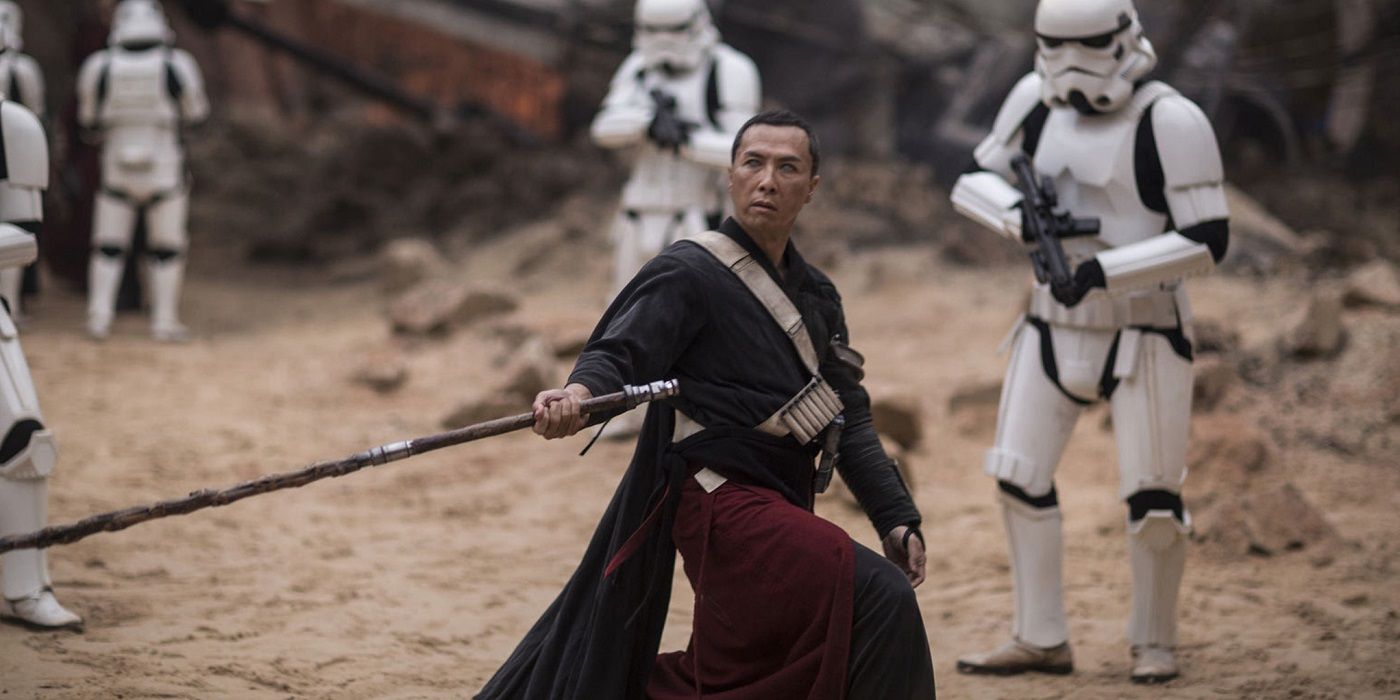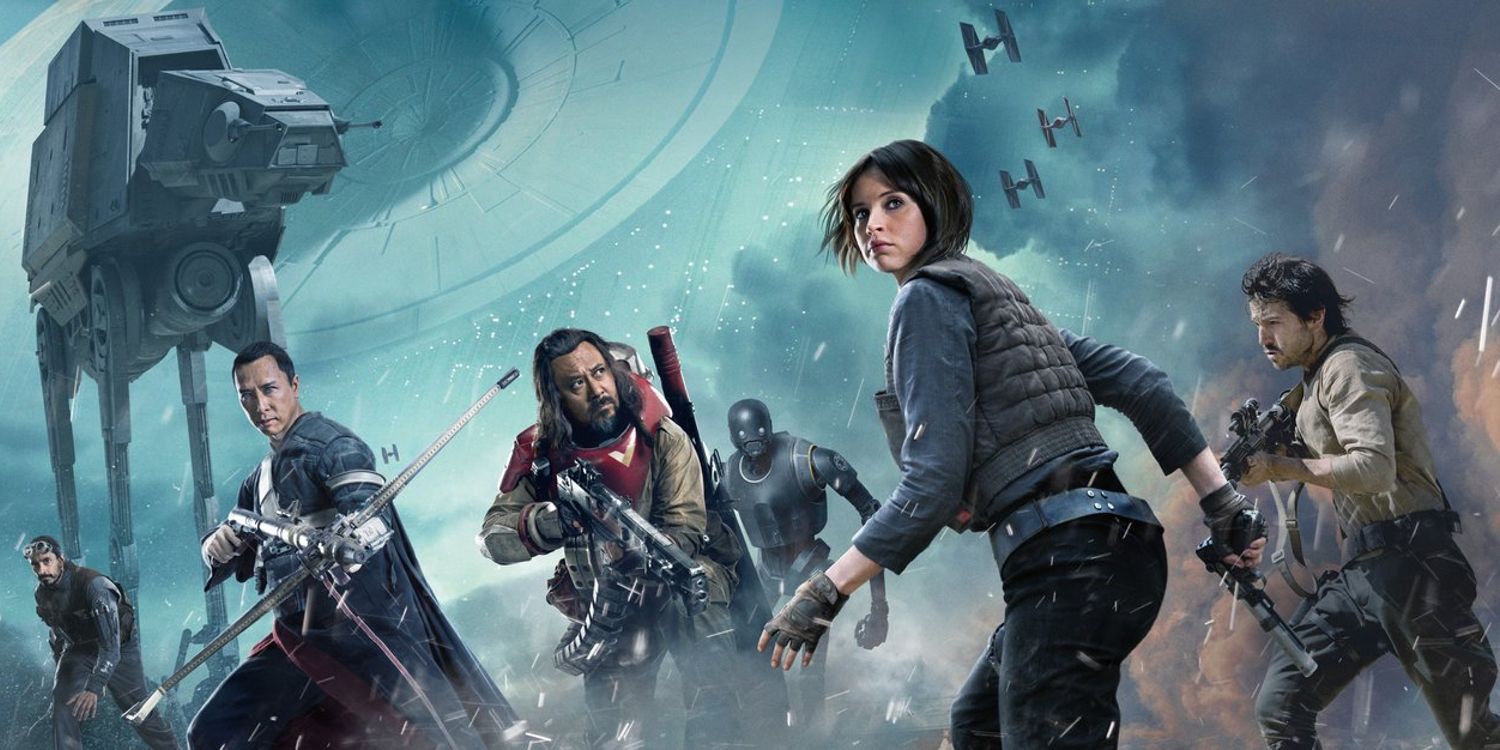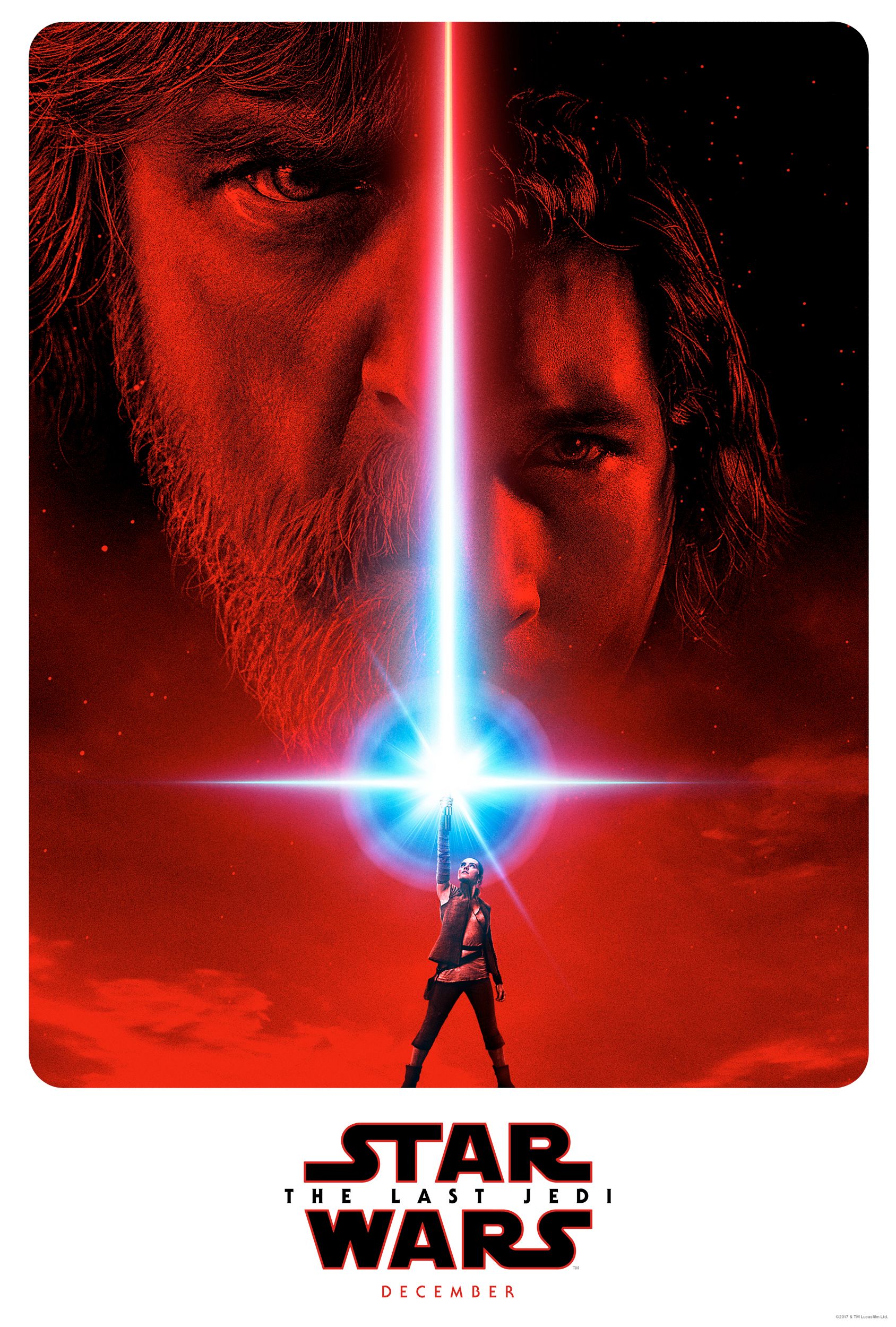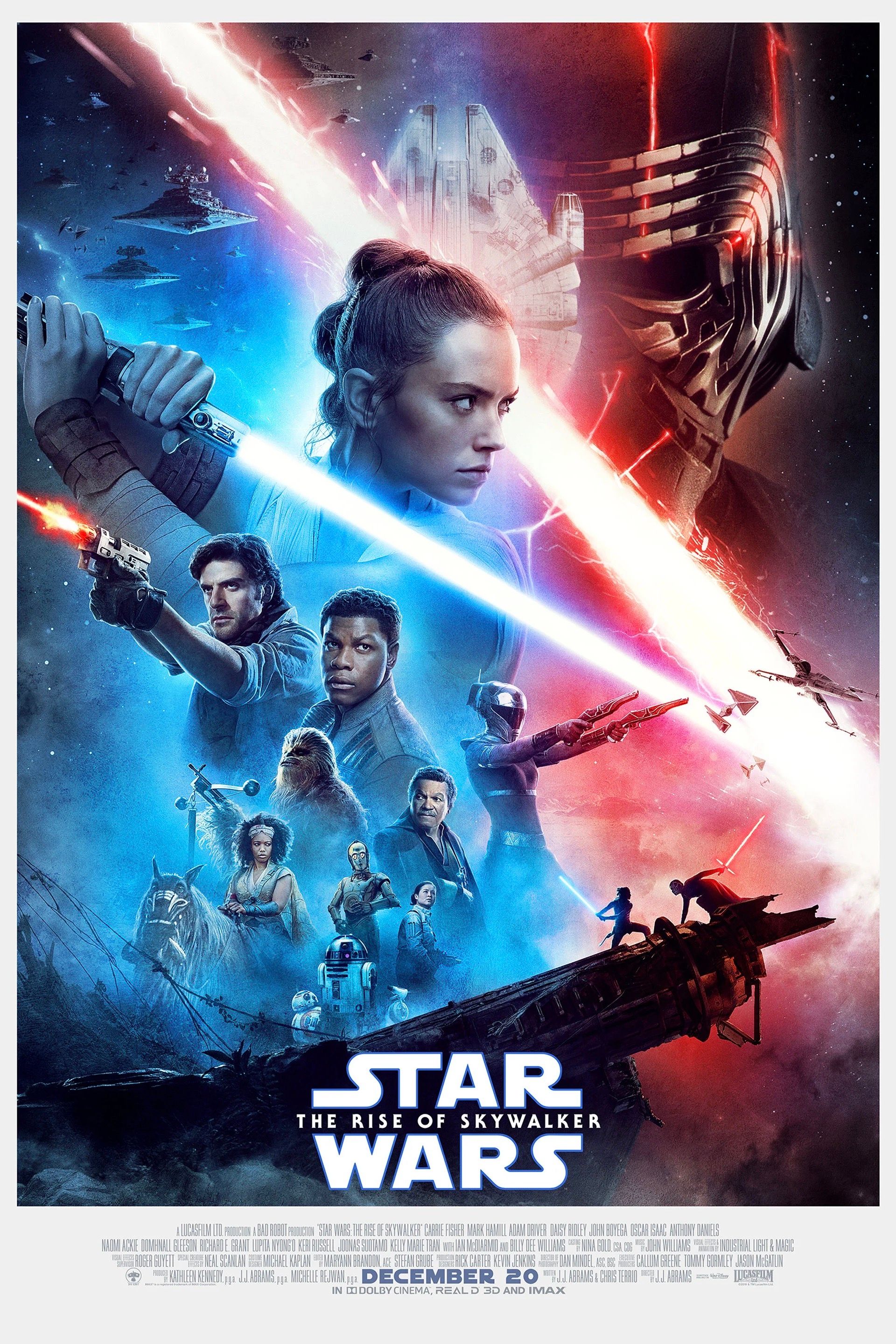Star Wars: The Force Awakens was one of the biggest movies of all time, cashing in on massive hype to smash box office records and make over $2 billion worldwide. And yet despite seemingly everything going its way, J.J. Abrams' film still wound up making a whopping $700 million less than current global all-timer Avatar. The simple reason for this was China, where, one year later, Rogue One has published even weaker opening numbers.
China is this year set overtake the US to become the biggest film market in the world, and big part of this boom has been a relaxing on the rules restricting foreign releases. Over the past few years, the country has vastly increased the number of non-Chinese productions it approves for cinema release (it's now up to 34), which has sent the box office potential of the highly-populated country into overdrive. It's now getting to the point where studios wanting big hits appealing to China not merely as a potentially lucrative option, but an essential part of moviemaking. This is why there's been an increase in films with core Chinese supporting characters or sequences set in China - it helps to become one of those 34, and gives a key marketing point once you're in.
Star Wars has tried really hard to crack through. For The Force Awakens, Disney conducted massive stunts to try and increase awareness, which didn't pay off in any overly significant way. Rogue One looked to be trying to combat that directly, most explicitly with Hong Kong and Chinese actors Donnie Yen and Jiang Wen core to the story and giving a relatable entrance point for Chinese audiences. This didn't work, however, with the film making less on its opening weekend than Episode VII.
So why have Lucasfilm failed when other studios, including fellow-Disney company Marvel, succeeded? The Wrap talked to industry analyst Jonathan Papish, who provided a rather simple answer - the brand:
"It’s still a case of Star Wars being unable to break out with general Chinese audiences unfamiliar with the characters and overall story despite Disney’s best efforts to bring them in. It’s polarizing Chinese audiences. Those who grew up with the prequel trilogy or maybe caught the original trilogy somehow are giving the film some face, but the newer generation of moviegoers — those that really help a film break out at the box office — just don’t care about these stories."
Essentially, Star Wars is on the backfoot because of the rule changes that have allowed China to become such a cinematic presence - due to previous restrictions, the originals and prequels never played properly in the country, so the generations of fans who grew up in the movies that have made Disney's reboot films so successful elsewhere simply don't exist. And that's saying nothing of the franchise's incredibly western viewpoint; the likes of Transformers and Marvel may feature mainly American casts, but their visual stylings and story approach can be better translated internationally.
Papish also commented on the film's casting trick, revealing that it wasn't as much a recipe for success as some would have expected:
"The small number of Donnie Yen or Jiang Wen fans who turned out to see their faces were completely confused or bored with the rest of the story, which ultimately will turn them off from future ‘Star Wars’ instalments."
Star Wars has many more movies to come - at the current rate, Disney will be releasing a new film every year for the foreseeable future - so there is scope to crack China if they keep working at it and build up that audience. For now they'll just have to accept the record-breaking runs in the rest of the world.
Source: The Wrap





